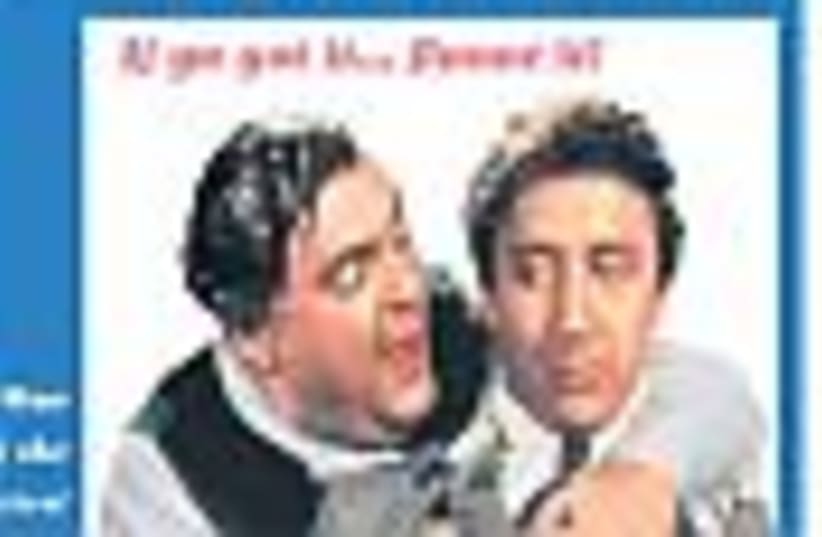| More about: | Mel Brooks, The Great Dictator, Charlie Chaplin, Adolf Eichmann |
'The Producers' - seriously
To see Nazis reduced to pathetic wannabees was to deprive them of their power.


| More about: | Mel Brooks, The Great Dictator, Charlie Chaplin, Adolf Eichmann |